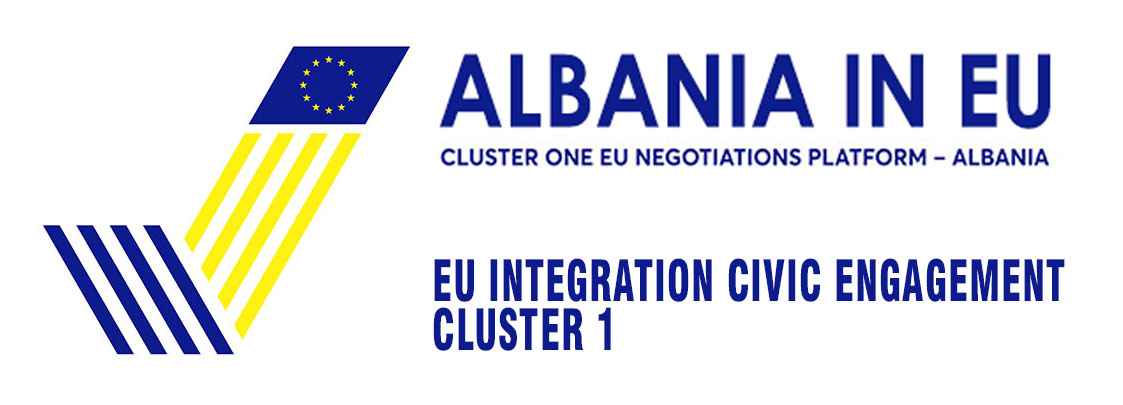The Albanian Helsinki Committee (AHC) today held a roundtable discussion on the efficiency and applicability of Integrity Plans from Public Institutions with a high risk of corruption, moderated by the well-known journalist Lutfi Dervishi.
Corruption in Albania is considered a “serious problem” by the European Commission’s annual report on Albania (October 2023).
Since 2014, there have been initiatives to fight corruption (also with the help of technology), first with the official website stopkorrupisonit.al and now shqiperiaqeduam.al. But these mechanisms are minimizing or weakening the existing legal mechanisms, such as the need for the implementation of the special law on whistleblowing and protection of corruption whistle-blowers.
It is positive that the new institutions of justice (SPAK and GJKKO) are investigating and judging important cases of corruption, which are undoing the taboo of impunity of corruption at a high level. However, given the worrying level of corruption, it is necessary to strengthen other mechanisms, such as quality improvement and the effective implementation of integrity plans approved by some institutions at the local and central level. The challenge for Albania remains the transition from words to concrete actions that will bring visible and tangible results for strengthening integrity and reducing the risks of corruption.
GRECO’s report for Albania points out the lack of Monitoring in terms of Integrity Plans, while for the Integrity Plans (PI) of the 4 Institutions that were analysed, it turns out that there are different methodologies in drafting and monitoring. Positive is the fact that the Ministry of Justice has designed a unique model for reporting and has set up a network of 44 coordinators for monitoring the measures of the Anticorruption Strategy and Action Plan aimed at preventing and fighting corruption.
The lack of proper conception of integrity and the focus on quantity to the detriment of quality remains worrying in the reports forwarded on integrity plans. There is an obvious need to strengthen integrity by providing rules regarding gifts, sponsorships, lobbying, political advisers as well as embracing the best EU models in terms of integrity.
Technical level representatives of the institutions represented in the panel fully accepted the need to reflect and implement the recommendations of the Policy Document prepared by the expert of the AHC, Prof@Jonidarystemaj. Representatives of the State Police reported that a special sector has been created for the handling of complaints, both those coming from the co-governance (shqipëriaqeduam.al) and other complaints. The Ministry of Finance reported that it is in the process of finishing the draft for the 2024-2026 Integrity Plan, that it has identified high-risk sectors and is in the process of implementing the Code of Ethics. The Ministry of Health reported that it made a risk assessment for January – June 2022 and the implementation started in June 2022.
Soon, AHC will publish on its official website the first monitoring report of this type on the quality and implementation of integrity plans in the 4 Institutions sampled for this analysis.
This activity was carried out within the initiative “Improving the Debate on Policies and Accountability in fulfilment of the criteria of the First Group of Negotiating Chapters” C1-EU-NPA, implemented together with a consortium of local organizations Cluster One EU Negotiations Platform – Albania @CSDG, @ISP and @AIS. The content of the discussions of this event represents the viewpoints and is the individual responsibility of the Albanian Helsinki Committee; cannot be considered to reflect the views of the Kingdom of the Netherlands, C1-EU-NPA or any other partner organisation.

